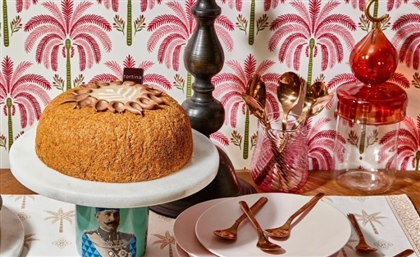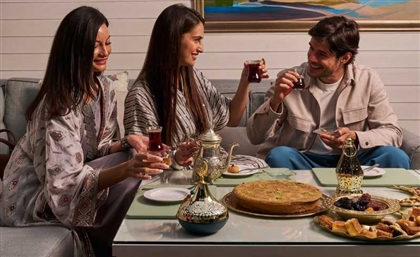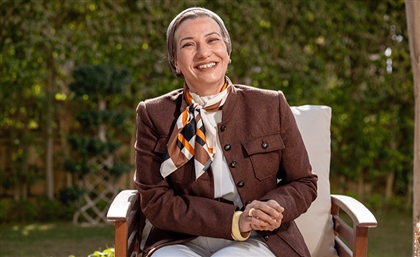Dissecting Egypt's Most Popular Culinary Sayings - The Encore
Now that we’ve gotten why Zuchini is code for nepotism out of the way, here is the ‘history’ behind more of Egypt’s famed food-related colloquial sayings.
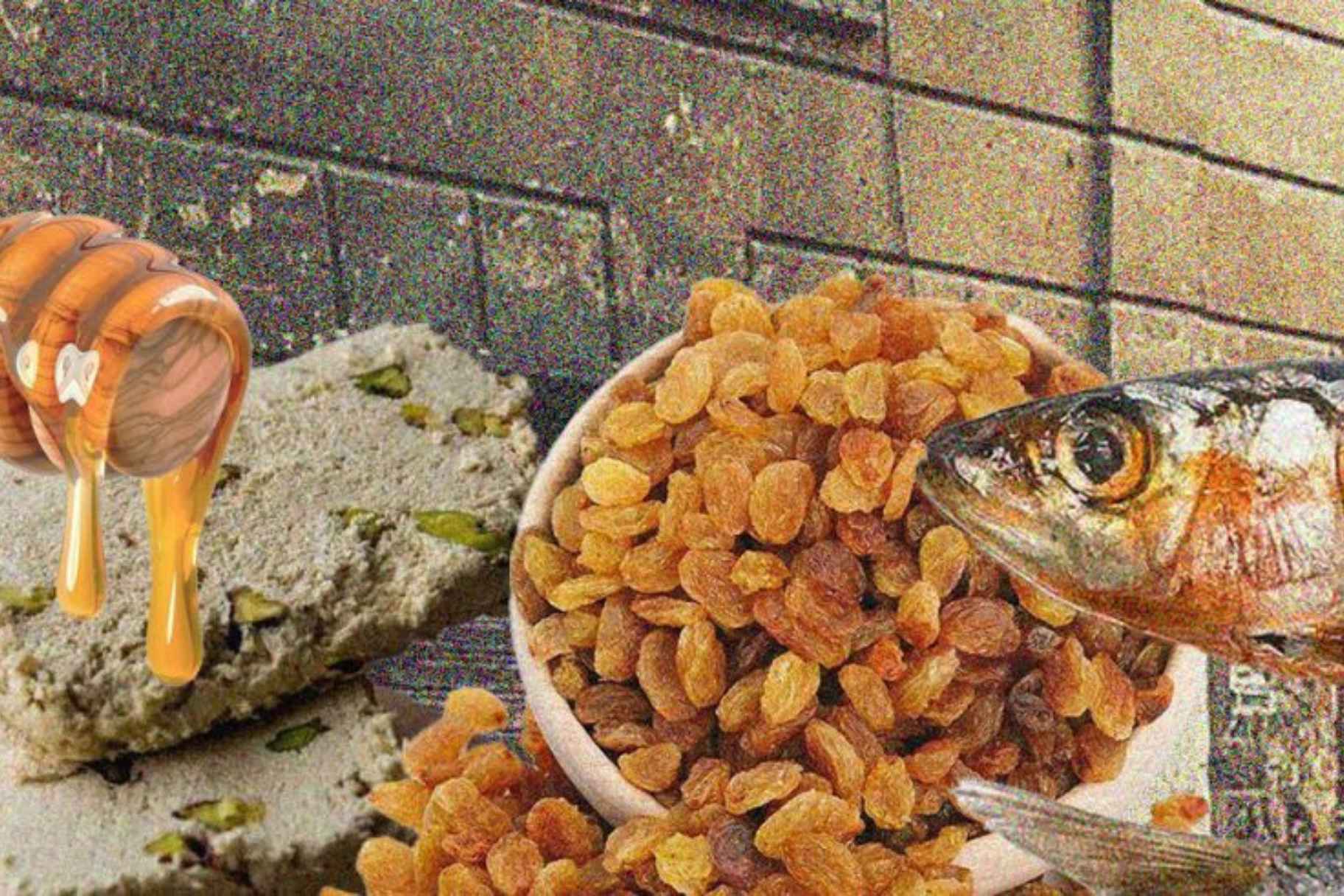
To engage in conversation with an Egyptian is to brace yourself to decipher code. Yes, code. Egyptians speak in metaphors, and more often than not, these metaphors have to do with food; we are, after all, a hungry people, and who could blame us? Our food cooks - pun intended.
A few weeks ago, we traced the ‘Psuedo-History’ behind some of Egypt’s most popular food-related colloquial sayings; and while some stories were more credible than others, zucchinis, watermelons, and hummus had their time in the limelight, yet Egyptian Arabic is the gift that keeps on giving. Without further ado, here are more of Egypt’s most popular culinary colloquial sayings, and what they really mean.
‘Samn ‘ala Assal’
Translation: Like ghee on honey…
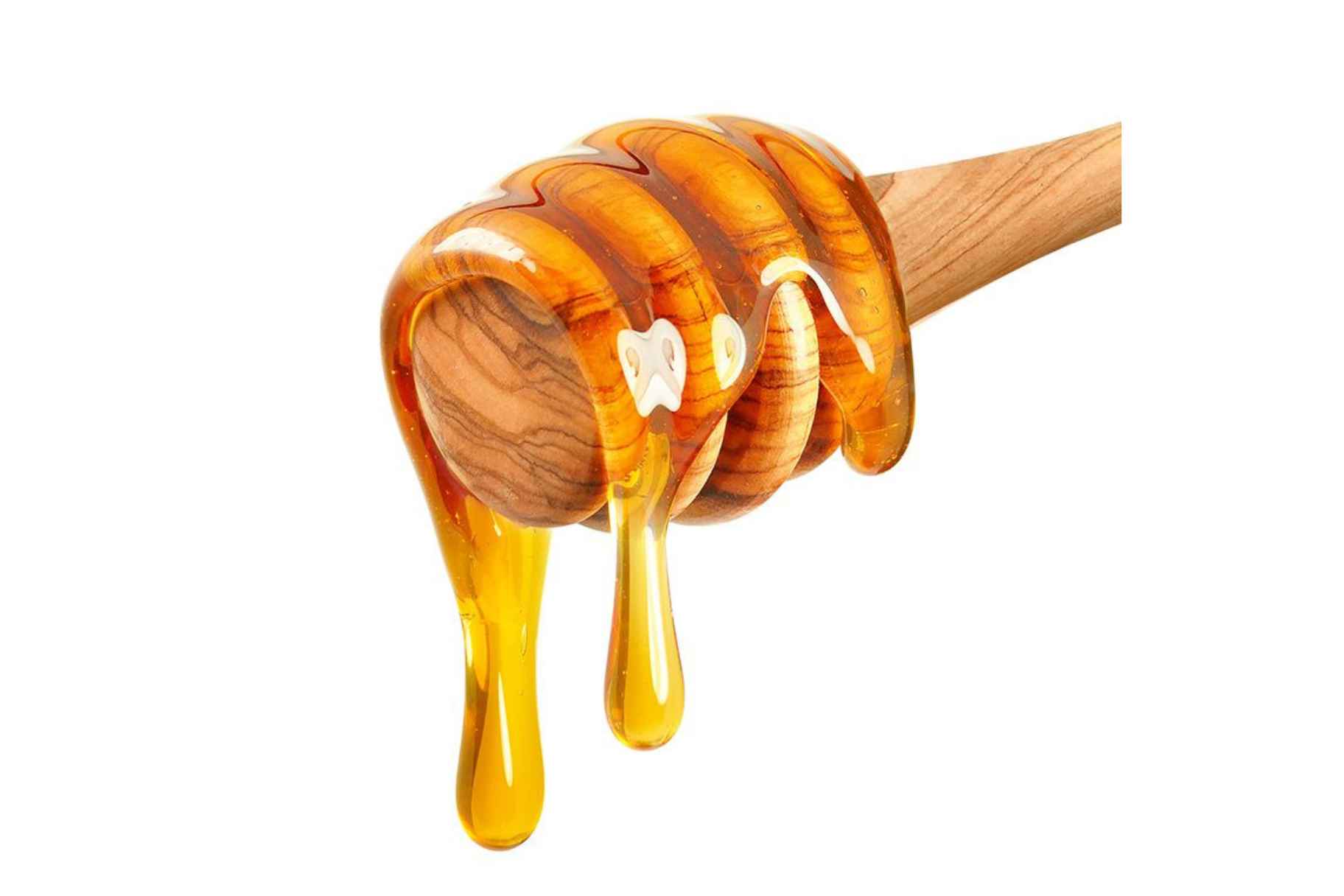 In Ancient Egypt, when farmers sought favour from the powers above, they would present two jugs: 'Kani', ghee, and 'Mani', honey. This offering was believed to bring a smooth, swift resolution to whatever the farmer had complained about. In a way, ghee and honey acted as a form of bribery, but they symbolised ease in a metaphorical sense.
In Ancient Egypt, when farmers sought favour from the powers above, they would present two jugs: 'Kani', ghee, and 'Mani', honey. This offering was believed to bring a smooth, swift resolution to whatever the farmer had complained about. In a way, ghee and honey acted as a form of bribery, but they symbolised ease in a metaphorical sense.
Today, honey and ghee still symbolise ease, though in a different context.
While honey and ghee may belong to completely different food groups, when mixed together, they seem almost destined to blend seamlessly. This is the basis of the saying.
When two people, often of different personalities or backgrounds, come together and instantly click, the phrase ‘zy el samn al ‘assal’ comes into play...
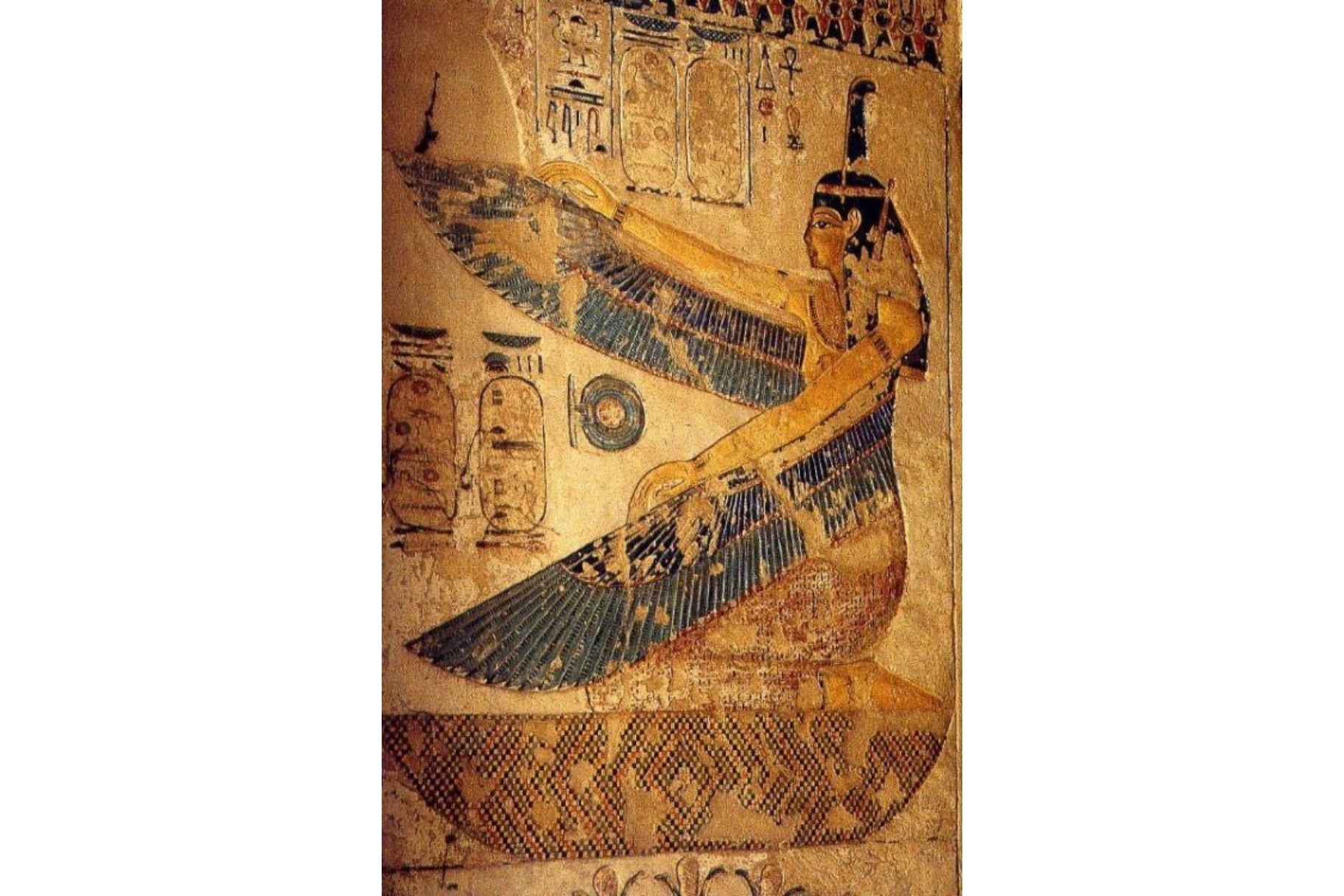
‘Darb el Habeeb zay Akl el Zebeeb’
Translation: Beating a loved one is like eating raisins…
While this saying may sound a bit... questionable, its potential origin could be rooted in beliefs about happily-ever-afters. One tale claims that, centuries ago, Levantine weddings included a ritual where drawing the husband’s blood during the ceremony was seen as an auspicious start to a marriage.
The story goes like this: as the bride approaches her husband-to-be’s forever home, she is greeted with a clay jug. The task? Smash the jug over his head. If it draws blood, it means they’re in it for the long haul. And why the raisins? Well, that’s because, as raisins are stored, they become sweeter—a metaphor for a happy, lasting marriage.
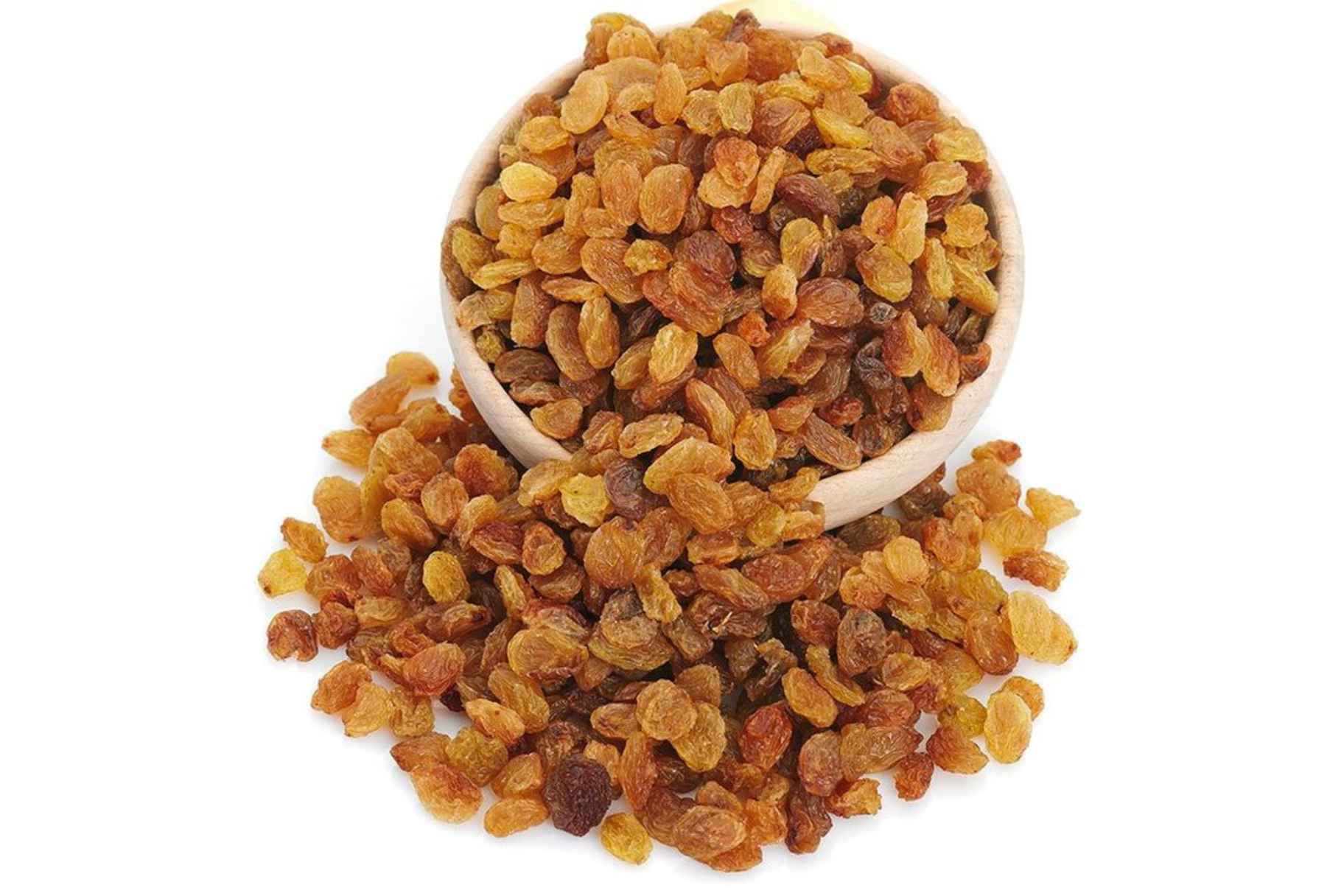
‘Ye’mel mel Feseekh Sharbat’
Translation: He turns herrings into sharbat…
Girlboss, gaslight, gatekeep? A phrase often thrown around for sweet talkers who can sugar-coat a bad situation. But where does it come from? According to an amusing tale, it all started with an Ancient Egyptian fishmonger who could barely afford anything but fish—fish that had been salted and stored for way too long.
After a while, his family got sick of the salty taste, so they began drinking water mixed with honey alongside their meals. What was once a painfully salty bite became something sweeter and, well, much easier to swallow.
Hence, feseekh became sharbat.
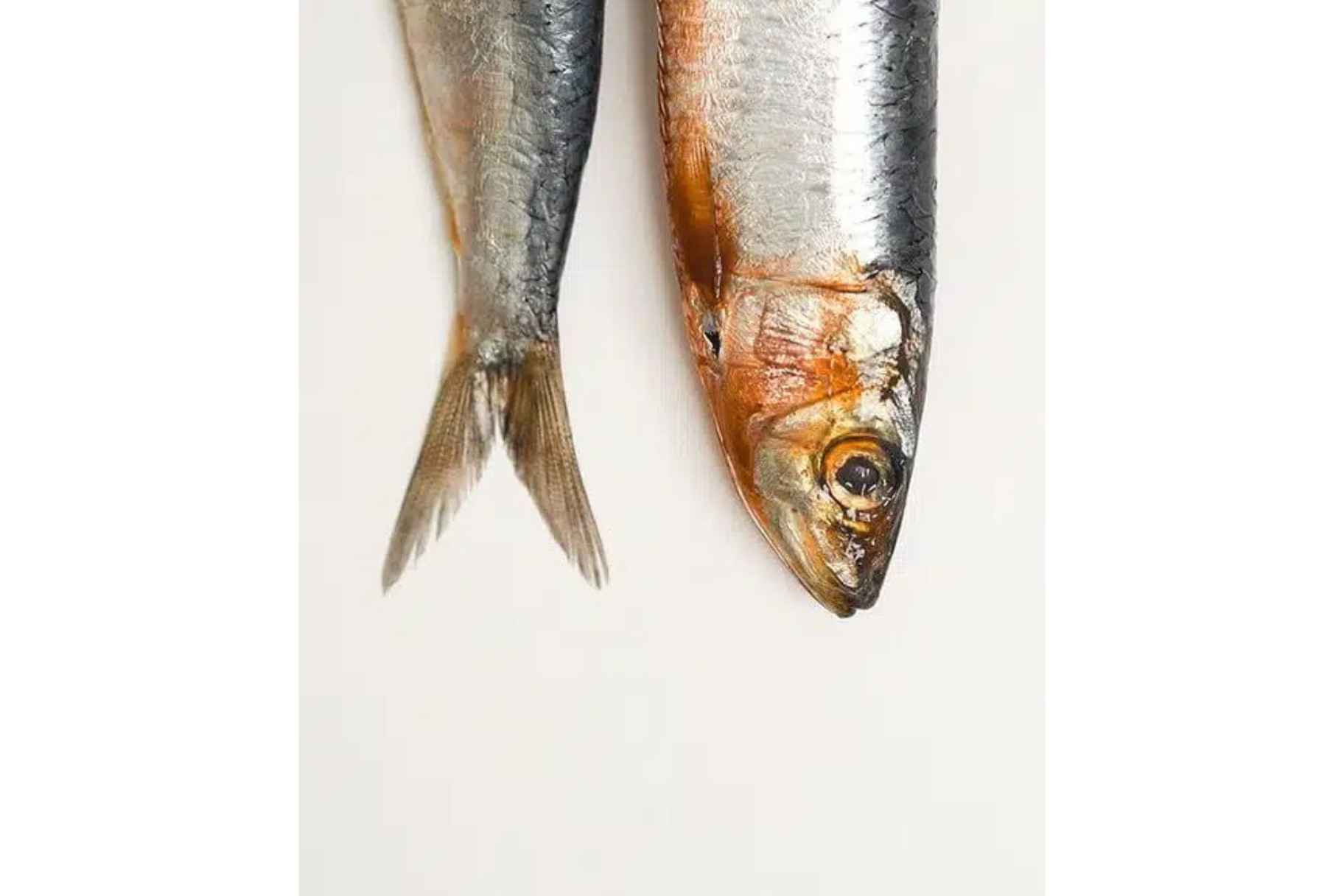
‘Waga’ Batni wala Kab Tabeekhy’
Translation: A little tummy ache beats a wasted meal…
During Egypt's tougher times, when food was scarce, nothing could be wasted—not even a botched meal. If the cooking went wrong, it was still served to avoid further loss. These days, the saying has taken on a deeper meaning, symbolising the art of compromise, both in and out of the kitchen.
‘Zay El Sekeena fel Halawa’
Translation: Like a knife in sweet sesame…
This one is fairly straightforward. It’s essentially Egypt’s way of saying ‘easy peasy lemon squeezy,’ symbolising ease and straightforwardness, like cutting through butter—or sweet sesame.
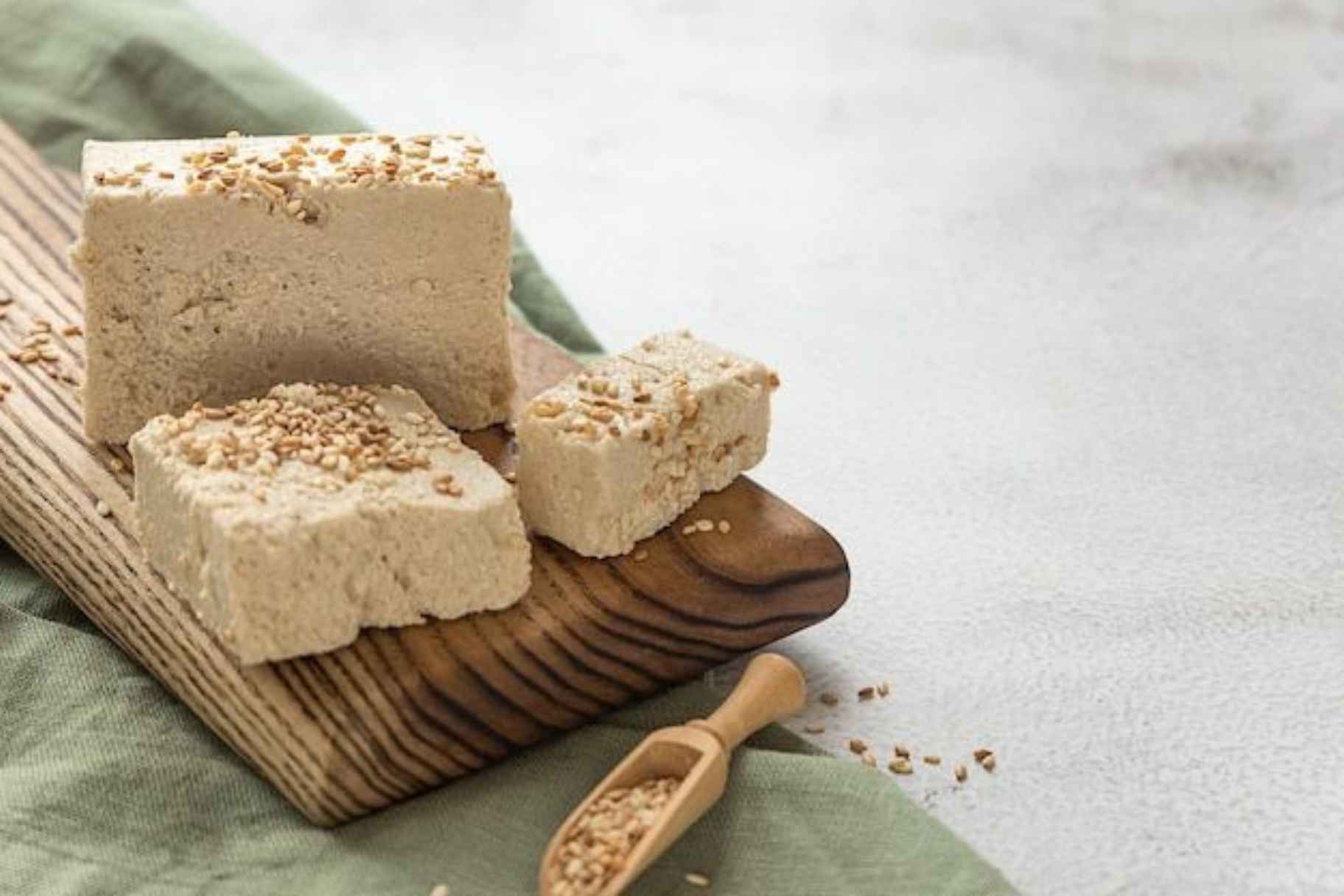
Where does the saying come from? We’re not entirely sure, but we can thank ‘El Lemby’ for bringing it into popular lingo with his role in Elly Bally Balak (2003).








